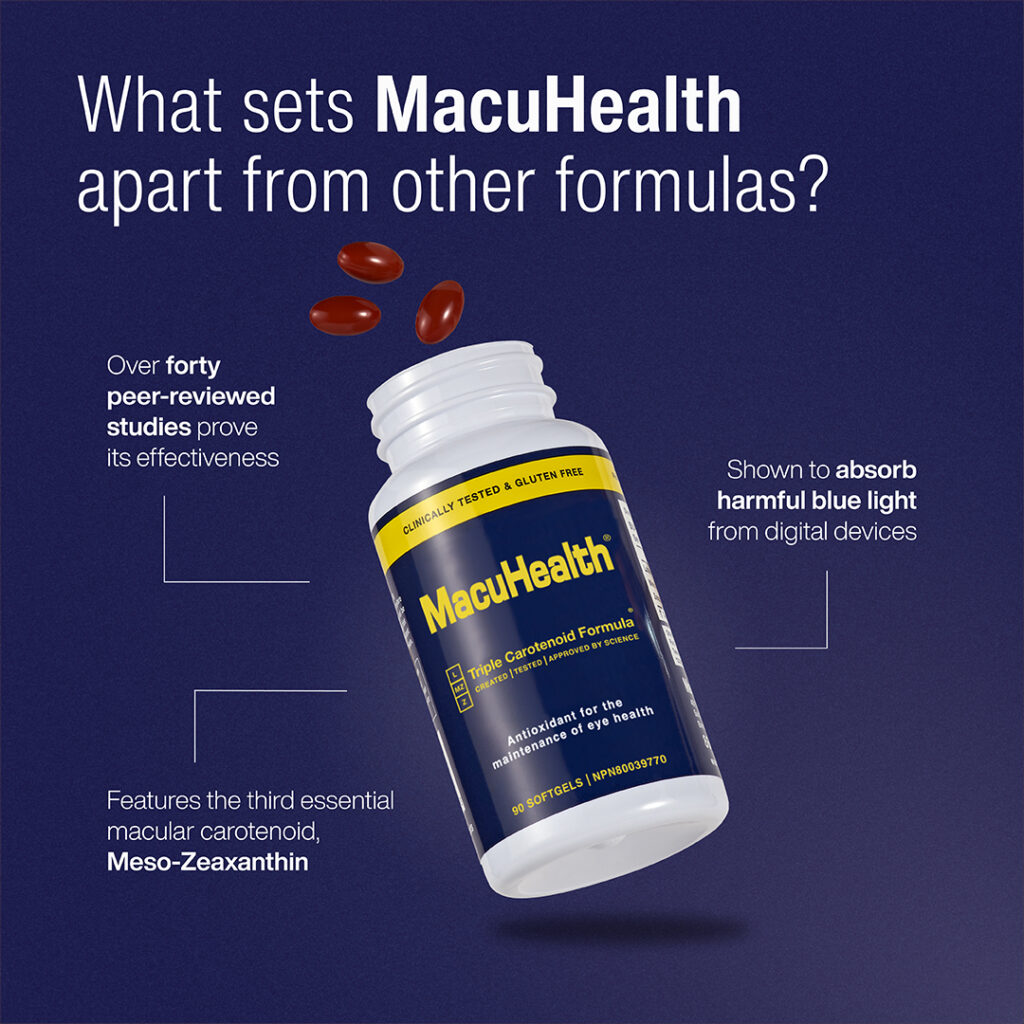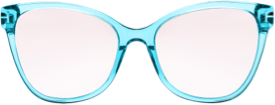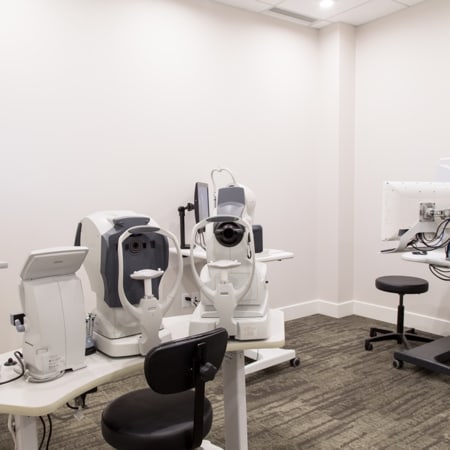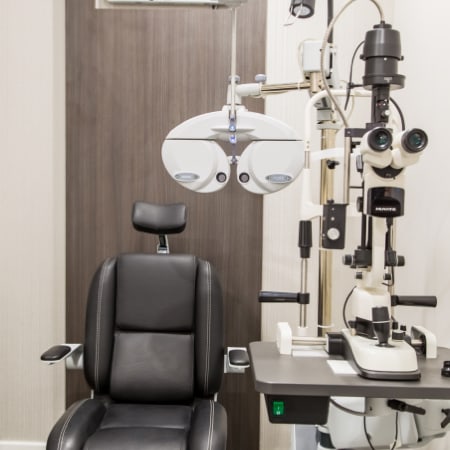The human eye is remarkably complex. And to properly do its job, it requires a careful mix of nutrients and vitamins—these help to keep it healthy and functioning well. Your diet plays an important role in getting your eyes the nutrients they need, but sometimes, diet alone isn’t enough. So what are the best supplements for your eyes?
To determine the right supplements for you, you’ll need to visit an optometrist. However, there are 3 key conditions that can be addressed through supplements:
- For dry eyes, you should try omega-3 fatty acids
- For age-related macular degeneration, you should try Macuhealth or Macuhealth Plus
- For cataracts, you should try a mix of vitamins C and E
If you’re ever unsure about what supplements you should try, visit your optometrist.
How Supplements Help Eye Health
Your eyes require a complex mix of vitamins and nutrients to stay healthy. Just like every other body part, the human eye benefits significantly from the right nutritional support. However, every person lives with a slightly different diet—it can be difficult to get the right nutrients you need.
Fortunately, this is how supplements can help. They’re an excellent way to boost your overall eye health by giving your eyes the specific nutrients you need. Think of them as an additional bonus to your regular diet; by using the right supplements, you can better support your vision and overall eye health to reduce the risk of certain eye conditions.
Supplements for Dry Eyes
Dry eye is an extremely common eye condition. It develops due to an imbalance in your tear production; either you can’t produce enough tears, or the tears being produced can’t do their job properly.
This condition is easily recognizable by:
- Dry, stinging eyes
- Burning or gritty sensations
- Overall discomfort
- Headaches
- Blurry vision
- Light sensitivity
- Excessively watery eyes
This can be caused by several different medical, environmental, and genetic factors. It’s also highly treatable through dry eye therapy. You can visit your optometrist to discuss treatment for your dry eyes.
Preventing Dry Eyes
Fortunately, you can also prevent the onset of dry eyes with a proper diet and proper supplements. One of the most common supplements recommended for dry eyes is PRN omega-3 fatty acids.
Found in fish oils, these fatty acids are excellent for helping improve your tear quality while reducing inflammation in the body. PRN omega-3s are the only omega-3 that has been clinically proven to reduce the signs of dry eye.
Even though PRN omega-3 fatty acids may appear similar to other forms of omega-3, they’re formulated and processed to be absorbed by the body differently. In fact, 3 PRN omega-3 fatty acid supplements are equivalent to almost 40 other supplements, making them an extremely efficient way to approach dry eyes.
Supplements for Age-Related Macular Degeneration
Inside your eye, there’s a layer of light-sensitive cells called your retina. Part of this retina is the macula—the area responsible for your sharp and clear central vision.
Over the years, this macula can begin to degrade. This is called age-related macular degeneration, or AMD. This leads to the loss of your central vision, and often causes:
- Blurred or distorted central vision
- Difficulty recognizing faces
- Increased need for brighter light when reading or doing close-up work
- Dark or empty areas in the center of your vision
- Slow recovery of visual function after exposure to bright light
If you notice any of these symptoms, it’s important to consult with your optometrist promptly. Early detection and the right supplements can help manage and slow the progression of AMD.
Preventing Age-Related Macular Degeneration
Treatment for AMD depends greatly on how far the condition has progressed. Typically, your optometrist will advise one of the following:
- For early-stage AMD: Macuhealth supplements are recommended. These contain a complex blend of antioxidants and essential nutrients that can be incredible for boosting macular health.
- For early-to-intermediate AMD: MacuhealthPlus+ supplements are recommended. These include meso-zeaxanthin combined with lutein, zeaxanthin, and the antioxidants found in regular Macuhealth supplements.

If you have a family history of macular degeneration—or if your optometrist believes you’re at a higher risk of developing this condition—Macuhealth may be able to help you prevent this condition from permanently damaging your central vision.
It’s important to remember that the human eye is extremely complicated, and your experience may vary. Always listen to your optometrist’s advice when it comes to supplements and eye health.
Can Supplements Decrease Floaters?
The vitreous humor is full of nutrients that are essential in protecting your eye from stress and disease. In addition to providing structural support, the vitreous body contributes to clear central vision by filling the eye with a transparent gel-like substance.
With age, the vitreous structure undergoes degeneration and reduced antioxidant capacity. This degeneration results in dark specks, small moving dots or wispy dark lines, better known as ‘floaters’ to appear in vision.
While floaters are common and usually harmless, they can be annoying, or even alarming, for some people. Floaters are a natural development, but through a targeted combination of a healthy lifestyle and proper diet, their effects on your vision and quality of life can be minimized.
Research shows that the degeneration of vitreous matter degrades the contrast sensitivity of one’s vision by 67% on an average due to the functional disturbances caused by floaters. Thus, affecting a person’s quality of life.
Supplements for Vitreous Health
Supplements that contain antioxidant and anti-glycative nutrients can be effective in reducing the size of floaters and improving vitreous health depending upon the severity of the condition.
Some common supplements are vitamin A, vitamin C, omega-3 fatty acids, and zinc supplements. While supplements can be beneficial, they may not address all aspects of your eye health. Consult your optometrist to explore a comprehensive treatment plan tailored to your specific needs.
What Supplements Are Right for You?
Choosing the right supplements for your eyes depends on your specific needs and health conditions. However, it’s important to make sure you’re getting the right supplements for your unique needs.
Here at Central Optometry, our team can examine your eyes to determine what’s right for you. Book an appointment with us today, and take the first step towards better eye health!
















